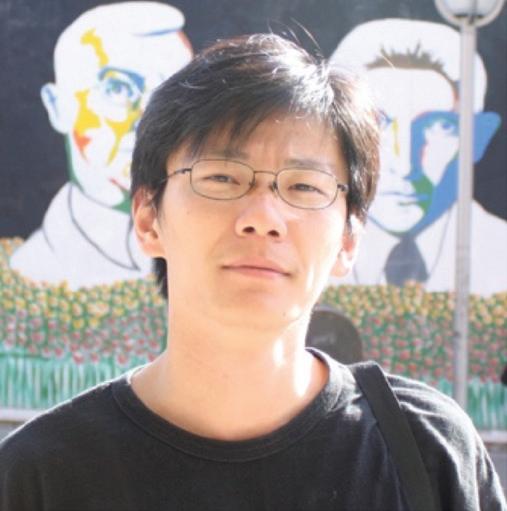
1 minute read
About the Pollsters
THE POLLSTERS
Guillermo J. Grenier is a professor of sociology in the Department of Global and Sociocultural Studies. Born in Havana, Dr. Grenier is one of the founders of the Miami school of social analysis and has authored or coauthored seven books and dozens of articles on labor, migration, immigrant incorporation and Cuban-American ideological profiles. His books include A History of Little Havana, with Corinna J. Moebius (2015); This Land Is Our Land: Newcomers and Established Residents in Miami, with Alex Stepick, Max Castro and Marvin Dunn (2003); The Legacy of Exile: Cubans in the United States, with Lisandro Pérez (2002); Newcomers in the Workplace: Immigrants and the Restructuring of the U.S. Economy, with Louise Lamphere and Alex Stepick (1994); and Miami Now! Immigration, Ethnicity and Social Change, edited with Alex Stepick (1992). Dr. Grenier has been a Fulbright Fellow and a faculty fellow of the University of Notre Dame’s Institute of Latino Research and the director of the Florida Center for Labor Research and Studies. He lectures nationally and internationally on his research. He received his Ph.D. in sociology and his M.A. in Latin American studies from the University of New Mexico in Albuquerque. Qing Lai is an associate professor of sociology in the Department of Global and Sociocultural Studies at Florida International University. He earned his Ph.D. in sociology at the University of Michigan, where he received training at the Institute for Social Research’s Population Studies Center and Survey Research Center. His research interests include Chinese Muslims, development, Cuban studies, demography and survey research. Dr. Lai has published peer-reviewed articles in Social Science Research, Journal of Muslim Minority Affairs, Chinese Sociological Review, Chinese Journal of Sociology, Research in the Sociology of Work, Natural Hazards, and Proceedings of the National Academy of Sciences of the United States of America (PNAS). He joined the FIU Cuba Poll project in 2020 as co-PI. His research focuses on the Muslim population in China. He analyzes census and survey data to examine Chinese Muslims’ population heterogeneity and their relations with the majority Han society, the Chinese State, and the Islamic world. He has participated in survey projects on various Asian Muslim communities, including the Xidaotang Islamic sect in Gansu, Chinese Muslim pilgrims to Mecca, and the Dungan Muslims in Central Asia.


